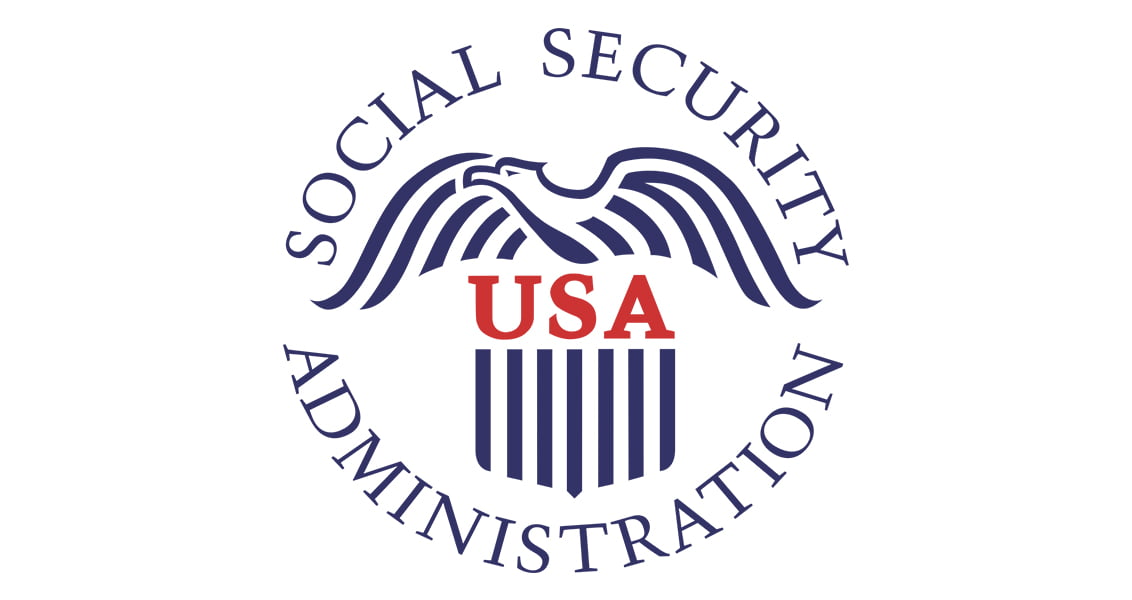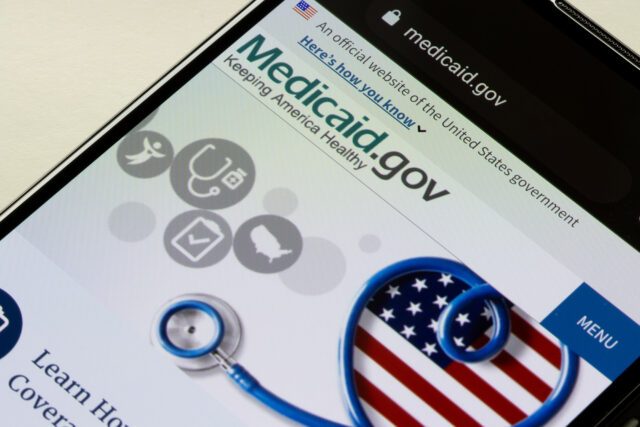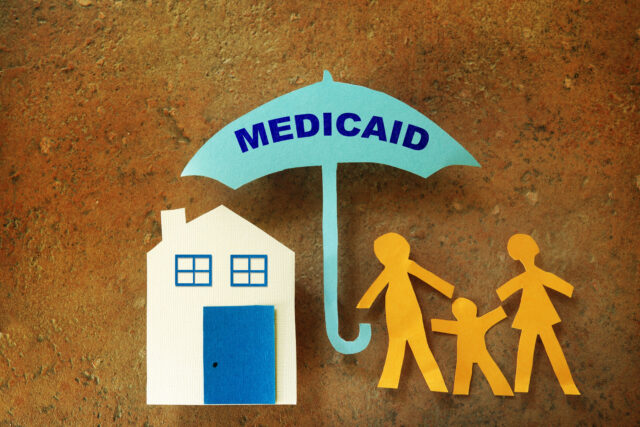
Will Auto-IRA Savings Disqualify Vulnerable People from Benefit Programs?
Karolos Arapakis and Laura D. Quinby, Boston College
State auto-IRA programs aim to help low and moderate earners without an employer retirement plan build savings. However, the programs’ interaction with means-tested safety-net programs, such as Medicaid and SSI, has not been discussed. SSA has an interest in this question because auto-IRAs target a particularly vulnerable group of workers – financially precarious and more likely to be non-White – who rely more on government programs in retirement.
Given the lack of research on this topic, this project has three goals: 1) to estimate how many auto-IRA participants risk losing access to Medicaid and SSI; 2) to establish whether this at-risk group is disproportionately non-White; and 3) to explore how changes to the income and asset tests would affect the outcome. Using data from the 2018 Survey of Income and Program Participation and the live auto-IRA programs, it will simulate financial profiles at age 65 for a cohort of new participants. Participants’ assets and income – with and without the auto-IRA – will be compared to the current eligibility criteria for Medicaid and SSI, as well as potential alternatives, such as exempting a portion of auto-IRA assets and/or income.






